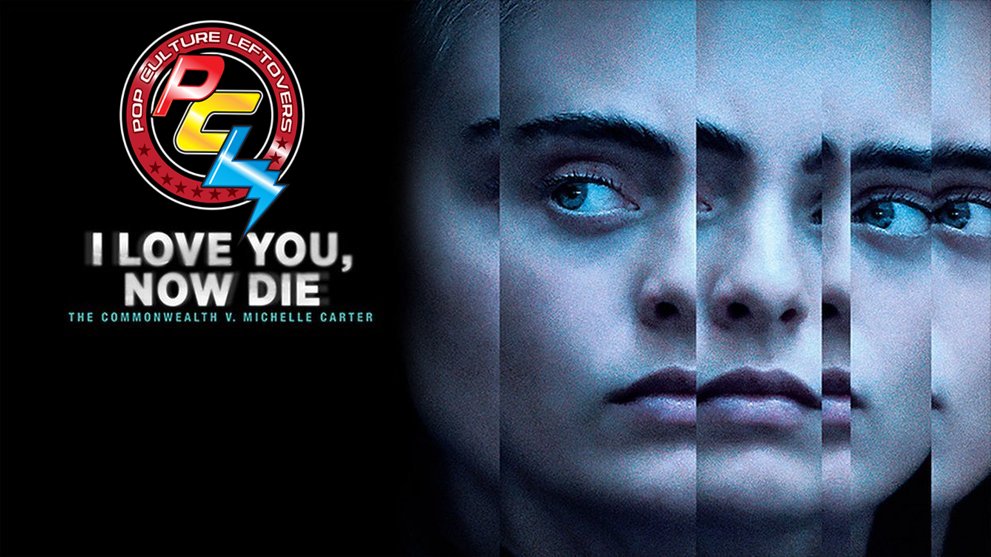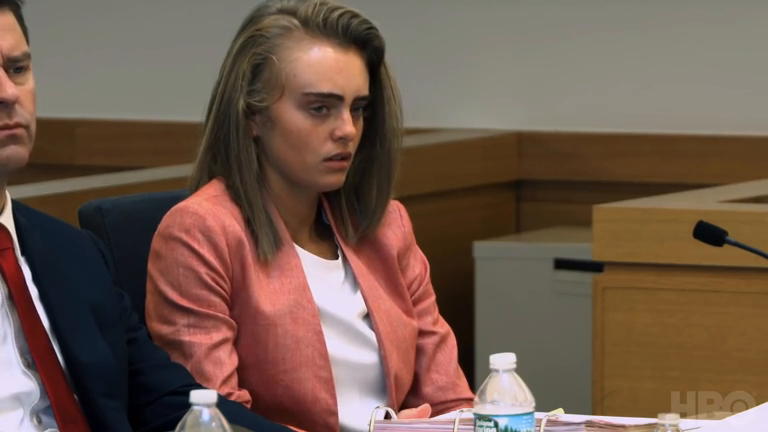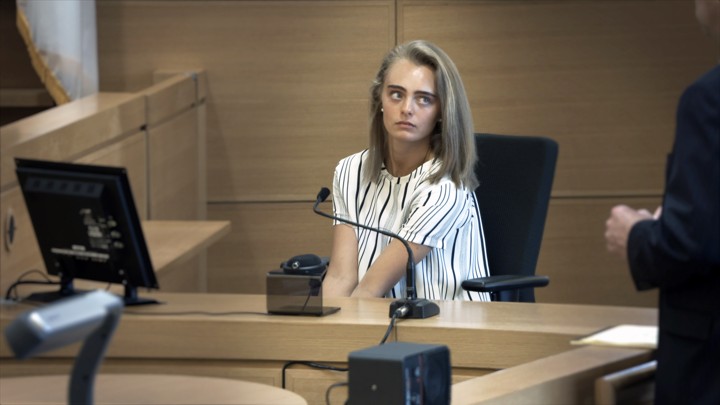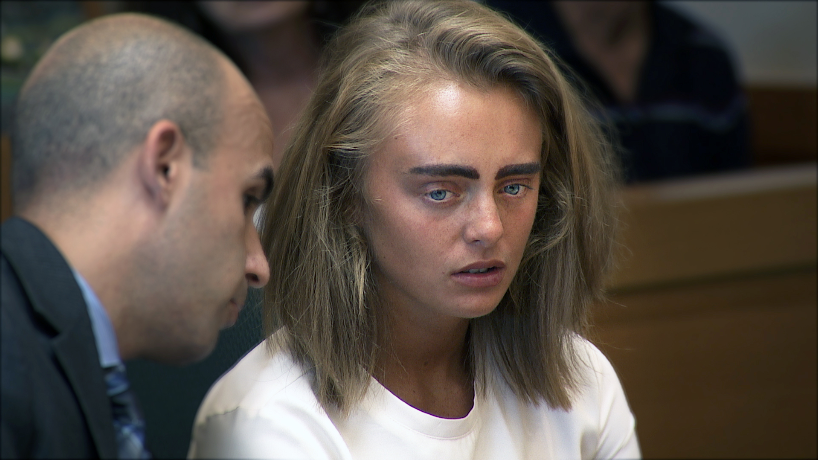
“I Love You, Now Die: The Commonwealth vs. Michelle Carter” Review by Kevin Shanks
August 3, 2019 12:09 pm |
I Love You, Now Die: The Commonwealth vs. Michelle Carter is a two part documentary film which debuted at the South by Southwest Film Festival in March 2019 and on HBO in July 2019. It is based on the 2014 suicide of the Mattapoisett, Massachusetts teenager Conrad Roy. The film is told in two parts, with part 1 titled “The Prosecution” and part two named “The Defense”.
The Prosecution tells the story of how two Massachusetts teenagers, 17 year old Michelle Carter and 18 year old Conrad Roy fell in love while rarely meeting in person. Instead they talked by text message and social media for two years. On July 13, 2014, Conrad was found deceased in his truck after he had succumbed to carbon monoxide poisoning. During the death investigation, it was revealed that Michelle “encouraged” Conrad to take his life through text messages. Conrad had been seeing a therapist and counselor for social anxiety and depression up until his death and for which he was taking the prescription medication Celexa (citalopram). Conrad had previously attempted by acetaminophen overdose a year prior and had other suicide attempts in his past. He was also the victim of domestic physical assault. The Defense details how Michelle Carter, indicted with involuntary manslaughter in 2015, tries to prove she was not responsible for Conrad’s suicide. Carter herself was undergoing treatment for mental health issues and was on prescribed medications, Celexa (citalopram) and Prozac (fluoxetine) and also had a prior suicide attempt. She had an infatuation with the television show Glee and two of its characters Rachel (Leah Michele) and Finn (Cory Montieth).
Erin Lee Carr, who previously directed the acclaimed 2017 documentary ‘Mommy Dead and Dearest’, masterfully blends story-telling and journalism while bringing much needed light to this case. The two parts of the film look at the case from different perspectives and is a remarkable way to portray the complexity of these events and how perception truly does lie in the eye of the beholder. There is no one-sidedness to this story that one would expect when probing the question – is Michelle Carter responsible for the death of Conrad Roy? That is the central theme to the story and this film conveys the factual information down the middle of the line. There is neither support for exoneration nor conviction. Facts are facts. Almost of all the information presented comes from the thousands of text messages exchanged between Michelle and Conrad as well as personal recordings of Conrad, recordings of actual court room testimony, and in-person interviews with family members, friends, law enforcement officials, investigators, journalists, and attorneys involved in the case. The only downside to this film is that Michelle Carter’s family and Michelle herself decided not to participate in the making of it and their thoughts may have also added some important insights to the story.
In June 2017, Michelle Carter was found guilty of involuntary manslaughter. She remained free on bail until being sentenced to two and a half years in prison, with fifteen months served in a correctional facility and the remaining fifteen months suspended. Appeals were immediate and the Massachusetts Supreme Court ordered her conviction to stand in 2019 – she began serving her time in February 2019. There has since been a United States Supreme Court filing based on First and Fifth Amendment arguments.
As she did with ‘Mommy Dead and Dearest’, Erin Lee Carr does what she does best and that is present the story as it is and lets you decide your opinion on the matter. All of the right questions are raised.
Is Michelle Carter responsible for the death of Conrad Roy?
How much culpability does one have regarding words and sentiments expressed when a loved one harms himself/herself?
When does speech go too far?
What role does social media play in speech?
Is this type of speech considered free speech?
Can a person be guilty of a crime but also be a victim?
Should we be reporting on personal messages (e.g. text messages, social media interactions) without first understanding the context of said interactions?
Can a text message kill someone?
Those are very important questions to consider. Indeed. And the answers are left up to you, the viewer, to decide.
PCL Rating: Tupperware
Rotten Tomatoes Rating: FRESH 🍅
Tags: Cory Montieth, Erin Lee Carr, HBO, I Love You Now Die, I Love You Now Die: The Commonwealth vs, Kevin Shanks, Leah Michele, Michelle Carter 2019 HBO, pop culture leftovers
Categorised in: Television Reviews
This post was written by Leftover Brian
Comments are closed here.







